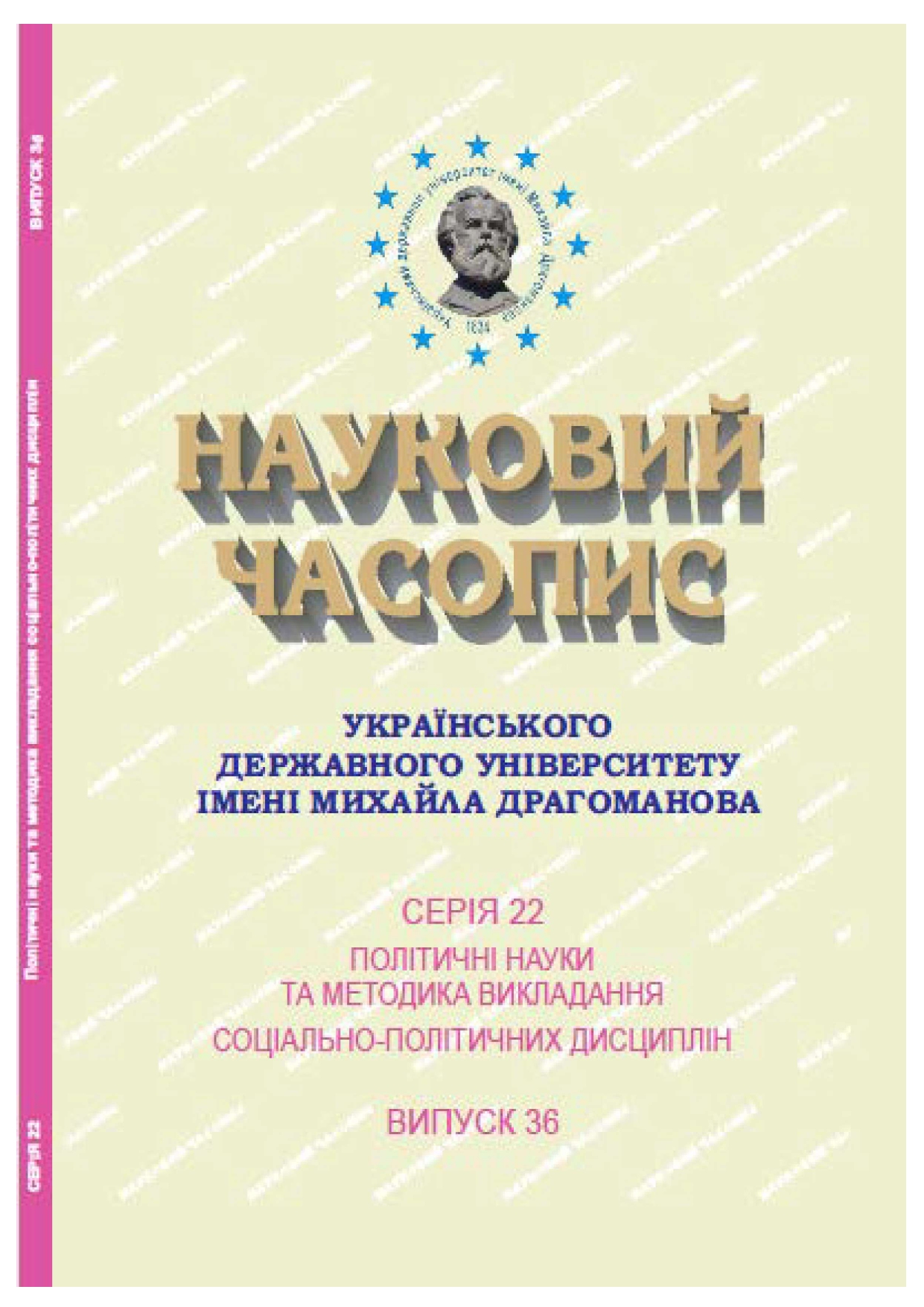Ethics and Confidentiality Issues in Digital International Communications
DOI:
https://doi.org/10.31392/UDU-nc.series22.2024.36.08Keywords:
confidentiality, personal data protection, ethics, digital human rights, cybersecurity, artificial intelligence (AI).Abstract
The article examines data privacy and digital human rights issues in today’s global environment, where information flows across borders in real time. The author analyzes key challenges for personal data protection in international communications, focusing on the diversity of legal approaches in different countries and the risks associated with personal information sharing. Privacy is defined as the protection of personal data from unauthorized access, especially in contexts where data may cross borders with varying legal standards. The article highlights the role of large corporations, such as Google and Facebook, in safeguarding and protecting user data, given the potential threats of data breaches or misuse. It examines measures taken by governments, particularly within the EU, to ensure data protection, though the global nature of the internet presents obstacles to enforcing such requirements. In the context of digital human rights, aspects such as the right to privacy, freedom of expression, access to information, and protection from digital surveillance are discussed. The author emphasizes that these rights are closely linked to basic human rights, yet the current advancement of technology creates new threats. The Cambridge Analytica case is cited as an example of how personal data can be used to manipulate public opinion. The article raises the issue of the digital divide, which limits internet access for a large portion of the population, especially in developing countries, contributing to social inequality. The problem of digital surveillance and the potential for technology, such as facial recognition, to be used for discrimination or human rights violations is also addressed, with mention of China's social credit system as an example. Finally, the article explores the ethical application of artificial intelligence and the need for international standards to ensure transparency, accountability, and security in the use of digital technologies.

